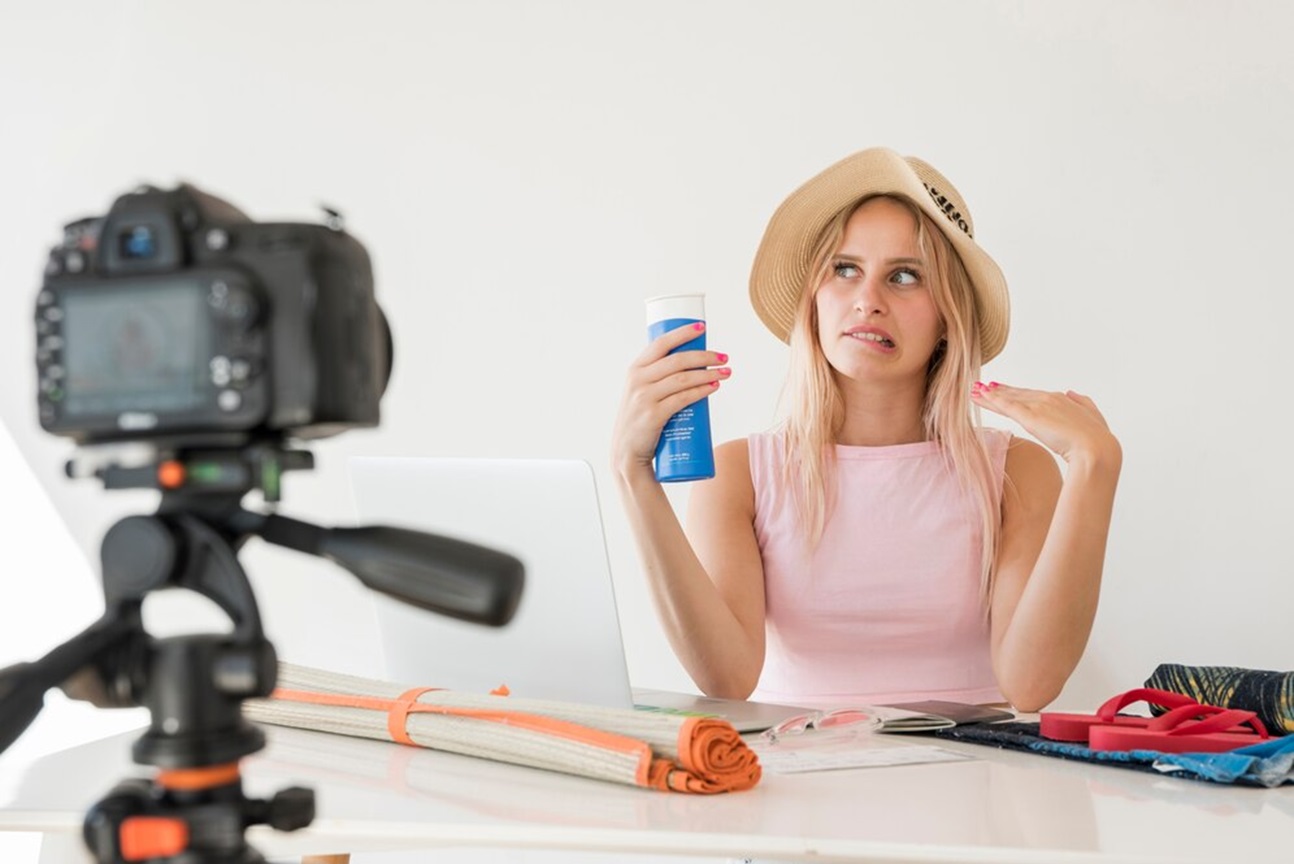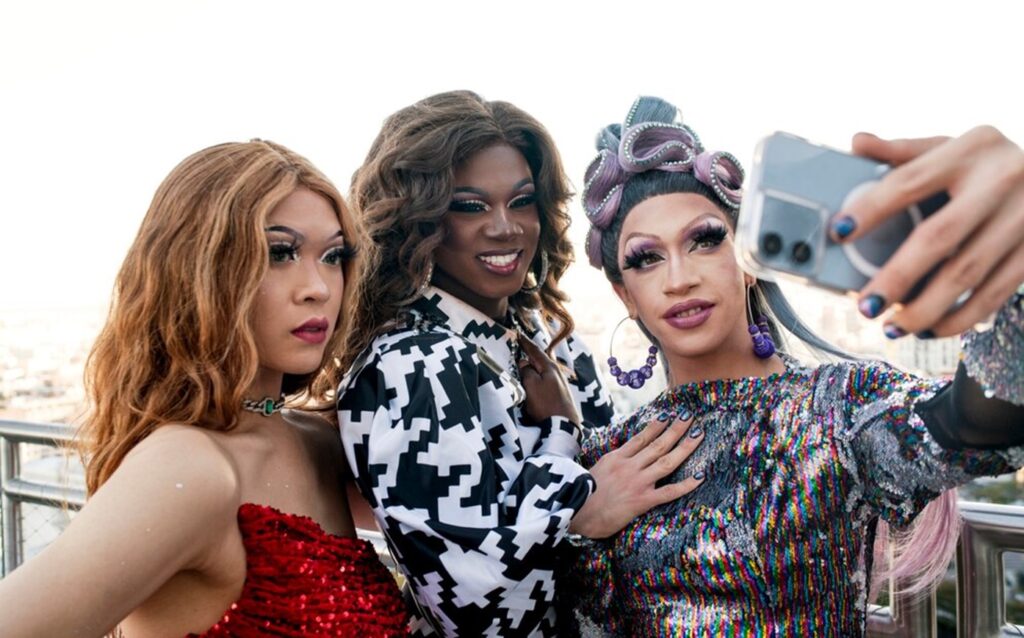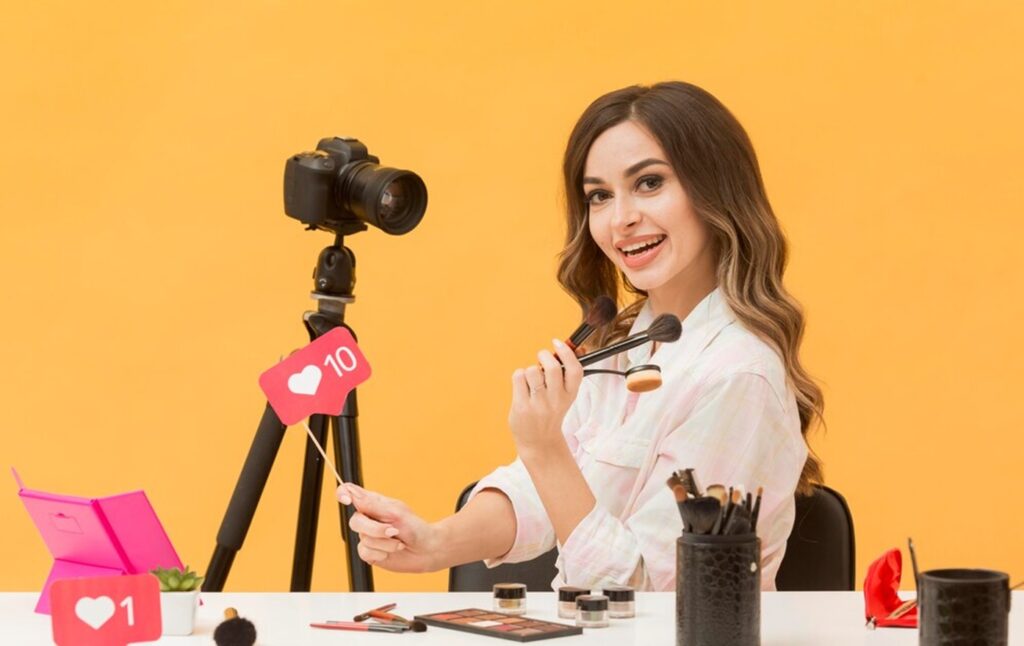
influencers gone wild
Introduction to Influencers Gone Wild
In recent years, the rise of social media influencers has dramatically reshaped the landscape of marketing, entertainment, and even personal identity. These digital celebrities, often garnering massive followings on platforms like Instagram, TikTok, YouTube, and Twitter, have become powerful figures whose endorsements and behaviors can sway public opinion, trends, and consumer behavior. However, with this immense influence comes the potential for excess and misconduct, a phenomenon that has led to the sensational concept of “influencers gone wild.” This article explores the various dimensions of this phenomenon, examining the causes, implications, and potential solutions to the issues arising from unchecked influencer power.
Table of Contents
The Rise of Influencers
The term “influencer” refers to individuals who have the power to affect the purchasing decisions of others because of their authority, knowledge, position, or relationship with their audience. This influence is often built on social media platforms where they share content that resonates with their followers. Brands collaborate with these influencers to promote products and services, leveraging their reach and engagement to drive sales and brand awareness.

Influencers come from various niches, including beauty, fashion, fitness, travel, gaming, and lifestyle. They are seen as more relatable and trustworthy than traditional celebrities because they often share glimpses of their personal lives and engage directly with their audience. This perceived authenticity is a key factor in their influence.
The Dark Side of Influencers Gone Wild
Despite the positive aspects of influencer culture, there is a growing concern about the negative behaviors exhibited by some influencers. The phrase “influencers gone wild” captures instances where influencers engage in reckless, unethical, or illegal activities, often driven by the pursuit of fame, money, or notoriety. These behaviors can range from minor indiscretions to serious criminal activities, and they often have significant consequences for both the influencers and their followers.

Scandals and Controversies
One of the most common manifestations of influencers gone wild is involvement in scandals and controversies. These can take various forms:
- Deceptive Practices: Influencers have been caught engaging in deceptive practices, such as not disclosing sponsored content, promoting dubious products, or exaggerating their achievements. For example, the Fyre Festival fiasco in 2017 highlighted how influencers played a crucial role in promoting a fraudulent event, leading to widespread public outrage and legal consequences.
- Inappropriate Content: Some influencers post content that is offensive, inappropriate, or harmful. This includes sharing racist, sexist, or otherwise discriminatory remarks, participating in dangerous stunts, or promoting unhealthy behaviors. The backlash from such actions can be swift and severe, resulting in loss of sponsorships, followers, and credibility.
- Legal Issues: Influencers have also faced legal troubles for various reasons, including tax evasion, fraud, and defamation. The legal battles of prominent influencers often attract significant media attention, further amplifying the impact of their misconduct.
- Exploitation and Abuse: There have been instances where influencers have exploited their position to manipulate or abuse their followers, employees, or partners. Allegations of sexual misconduct, financial exploitation, and emotional manipulation have tarnished the reputations of some high-profile influencers.
Impact on Followers
The behavior of influencers gone wild has far-reaching consequences, particularly for their followers. Given their significant influence, the actions of influencers can shape public attitudes and behaviors, often in negative ways:
- Misinformation: When influencers share false or misleading information, it can lead to widespread misinformation. This is particularly concerning in areas like health and wellness, where incorrect advice can have serious implications for followers’ well-being.
- Unrealistic Expectations: Influencers often portray an idealized version of their lives, leading followers to develop unrealistic expectations about their own lives. This can result in feelings of inadequacy, anxiety, and depression among followers who struggle to match the curated perfection they see online.
- Risky Behavior: Influencers who engage in dangerous or reckless behavior can inspire their followers to imitate these actions, putting themselves at risk. This has been seen in challenges and stunts that go viral, encouraging followers to participate without considering the potential consequences.
- Consumer Exploitation: Influencers’ promotion of products and services can sometimes lead followers to make unnecessary or harmful purchases. This is particularly problematic when influencers endorse products that are of poor quality or even harmful, exploiting their followers’ trust for financial gain.
Causes of Influencer Misconduct
Understanding the causes behind the phenomenon of influencers gone wild is crucial for addressing the issue. Several factors contribute to the misconduct of influencers:
- Pressure to Perform: The competitive nature of social media can create immense pressure for influencers to constantly produce engaging content and maintain their popularity. This can drive them to engage in attention-seeking behaviors, even if they are unethical or harmful.
- Lack of Regulation: The influencer industry is relatively new and lacks comprehensive regulation. Unlike traditional media, where there are established standards and oversight, social media platforms often have inconsistent enforcement of rules and guidelines. This creates an environment where influencers can operate with relative impunity.
- Monetary Incentives: The financial rewards of being an influencer can be substantial, leading some to prioritize profit over integrity. The lure of lucrative brand deals and sponsorships can motivate influencers to engage in dishonest or unethical practices.
- Echo Chamber Effect: Social media platforms often create echo chambers where influencers are surrounded by followers who reinforce their views and behaviors. This can lead to a sense of invincibility and a lack of accountability, as influencers receive little to no pushback from their loyal fan base.
- Personal Flaws and Challenges: Influencers, like all individuals, have personal flaws and face challenges in their lives. Issues such as mental health problems, substance abuse, and relationship difficulties can contribute to erratic or problematic behavior.
Addressing the Problem
Addressing the issue of influencers gone wild requires a multi-faceted approach involving various stakeholders, including social media platforms, brands, regulators, and the influencers themselves.
Social Media Platforms
Social media platforms play a crucial role in moderating influencer behavior. They can implement and enforce stricter guidelines and policies to curb misconduct. Some measures that platforms can take include:
- Enhanced Verification: Strengthening the verification process for influencers to ensure that they meet certain ethical and professional standards before granting them verified status.
- Transparent Algorithms: Making algorithms more transparent to reduce the emphasis on sensational or controversial content that often drives engagement but can be harmful.
- Stricter Enforcement: Enforcing community guidelines consistently and transparently, with clear consequences for violations. This includes suspending or banning accounts that repeatedly engage in harmful behavior.
- Educational Initiatives: Providing resources and education to influencers on ethical practices, digital literacy, and the impact of their actions on their audience.
Brands and Advertisers
Brands and advertisers also have a responsibility to ensure that they work with influencers who uphold ethical standards. They can take several steps to promote responsible influencer marketing:
- Due Diligence: Conducting thorough background checks and vetting influencers before entering into partnerships. This includes reviewing their past content and public behavior.
- Clear Contracts: Establishing clear contracts that outline expectations, including compliance with advertising regulations and ethical guidelines.
- Ongoing Monitoring: Continuously monitoring influencers’ behavior and content to ensure they remain aligned with the brand’s values and standards.
- Accountability Measures: Implementing measures to hold influencers accountable for their actions, including terminating partnerships if they engage in misconduct.
Regulatory Bodies
Regulatory bodies can play a significant role in creating a more structured and accountable influencer industry. Potential regulatory actions include:
- Advertising Standards: Developing and enforcing advertising standards specific to influencer marketing, including clear guidelines on disclosure of sponsored content.
- Legal Frameworks: Establishing legal frameworks to address issues such as misinformation, exploitation, and consumer protection in the context of influencer marketing.
- Collaboration with Platforms: Working closely with social media platforms to ensure that regulatory guidelines are implemented effectively.
Influencers

Ultimately, influencers themselves have the greatest responsibility to conduct themselves ethically and responsibly. They can take several steps to uphold their integrity and maintain the trust of their audience:
- Transparency: Being transparent about sponsored content and financial interests, clearly disclosing partnerships and advertisements.
- Authenticity: Staying true to their values and being authentic in their content, avoiding the temptation to engage in deceptive or sensationalist behavior.
- Education: Continuously educating themselves on ethical practices, digital literacy, and the potential impact of their actions on their audience.
- Accountability: Holding themselves accountable for their behavior, acknowledging mistakes, and taking steps to rectify any harm caused.
Conclusion about Influencers Gone Wild
The phenomenon of influencers gone wild highlights the complex and often problematic nature of the influencer industry. While influencers have the potential to inspire, educate, and entertain, their unchecked power can lead to significant negative consequences for both themselves and their followers. Addressing this issue requires a collective effort from social media platforms, brands, regulators, and influencers themselves to create a more ethical, transparent, and accountable digital landscape. By promoting responsible behavior and holding influencers to higher standards, we can ensure that the influence they wield is used for the greater good.
Also read about – Hentai20: A Deep Dive into the Evolution of Adult Animation.




